Why Meditate? Science Has Proven the Benefits
As a Westerner, and a skeptic, there’s something about “hard science” that puts me at ease. While I am delighted with the mysteries of the universe, and truly believe that there are some things that have no “rationale” answers, like healing at a distance, I like it when science confirms my perception of the universe. It’s why I like quantum physics so much.
So, for me, when science repeatedly proves the benefits of meditation, it’s a “no-brainer” to use this evidence as a reason to meditate. However, I began to meditate long before science was putting out the volumes of literature that it’s now produced on the art of meditation. And, personally, I’ve experienced results from meditation that no one needs to prove to me. I meditate because…it works!!
Research On Meditation
So, what do the best and brilliant of science have to say on meditation?
There’s so much available that I’m going to highlight only one or two recent studies. For a more comprehensive view on the results of recently published studies on meditation, check out this PubMed link. It’s amazing how many studies are published on a monthly basis on the subject of meditation, mindfulness meditation, and alternative therapies.
Meditation Can Be Taught Remotely
The first study that I’d like to share is on the impact of a telephonic Mindfulness Based Stress Reduction (MBSR(c) ) class on nurses working in a large health-care corporation. I’m particularly fond of this study because, as an RN, I find that my peers experience significant work-related stress and wish that there were more ways to bring meditation practices and instruction to them. In fact, as I’m sure it’s obvious, that’s why I wrote the book, Minding the Bedside: Nursing from the Heart of the Awakened Mind. Nurses need meditation!
In this study, researchers found that they were able to use a telephonic-based model of MBSR, “tMBSR,” to deliver the content to the participants and that using this model, participants were able to achieve significant benefit…even though they weren’t receiving in-person training. The study did involve two in-person 8-hour retreats, one at the beginning of the study and another at the end.
I like this study because it highlights that, given the right amount of coaching and information, people really can succeed at learning how to meditate and how to gain considerable benefit in their lives. Yay, science proves it again! Also, when you look at Figure 4 (below), you can see that in each measure of health outcomes, the success gained by the participants was across the board, even in measures like social functioning!
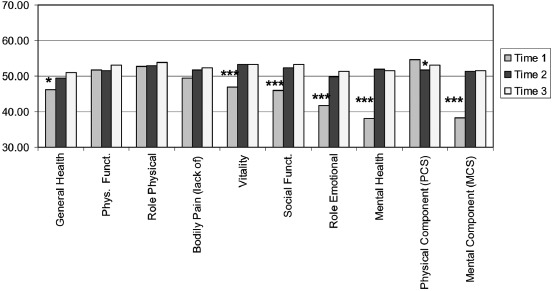
FIGURE 4 Change in health as measured by the SF12v2 from baseline (Time 1) to post-intervention (Time 2) to 4-month follow-up (Time 3). Phys. Funct. = physical functioning; Social Funct. = social functioning; PCS = Physical Component Score; MCS = Mental Health Component
Score. *p < .05. ***p < .001.
Here’s the full study PDF for your review.
Meditation Has a Positive Lasting Effect on Attention
In the next study, titled, Meditation increases the depth of information processing and improves the allocation of attention in space, researchers looked at whether the practice of meditation could affect a meditator’s ability to allocate attention to specific tasks, dislocate from distractors, and reduce the time latency (or time required) to attend to specific tasks.
What’s amazing about this study, is that this ability to attend more efficiently occurred even after a 4-day retreat. What this means it that meditation can cause permanent “brain damage,” resulting in one’s ability to be more focused and present even when one isn’t formally meditating! Pretty cool huh.
Here’s the full study PDF for your review. Please note that this study is very heavy in neuroscience and electroencephalographic terminology. I mean, I love this stuff and I struggled to get through it. Still, if you read the abstract on the first page of the article, read through the introduction to page 3, and then follow up with the discussion beginning on page 11, you’ll get the general idea of it.
Is Scientific Proof Enough?
Just because science has proven the beneficial effects of meditation, will it get you to start or practice more? I hope so.
We live in a world that’s amped up on media, gadgets, speed, and aggression. In the midst of it all, wouldn’t it be nice to have an “island of refuge” within your own mind? Wouldn’t you like to be able to “turn it all off” without having to stop what you’re doing or quit your job to go live in a cave?
Meditation offers you the benefit of being able to work with whatever is going on in life, while at the same time improving your health and well-being, and being able to attend to all of the busy-ness that you may find yourself in. Isn’t that enough of a reason to meditate?
How To Meditate
Maybe you’ve already got a meditation practice. If that’s the case, great! Keep it up. And feel free to use all of the content from this site to support you in your efforts. If you haven’t started to meditate, begin now.
Many people don’t meditate because they believe that they need to do “something special” in order to meditate, maybe you’re one of them. “Doing something” special isn’t the case. All you need is your breath, and a few minutes of time set aside to begin your practice. Here are some tools to get you started:
- Meditation audio for using your breath as the anchor of your attention during meditation.
- Ebook and two chapters from the book, Minding the Bedside: Nursing from the Heart of the Awakened Mind, on how to meditate.
- And of course, buy the book, Minding the Bedside: Nursing from the Heart of the Awakened Mind. It’s written for you! You can even buy it in a Kindle version!
This site has tons of tools for learning how to meditate and be compassionate.
I encourage you to look through the HUNDREDS of articles that I’ve written and especially check out my weekly meditation tips and other useful meditation materials provided for your health and well being. And please let me know if you’d like to discuss anything with me, have any questions or need clarification regarding anything that I’ve written about.
Thanks for visiting and have a mindful day.
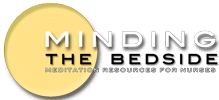


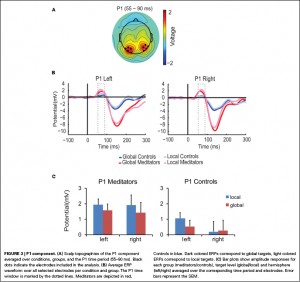

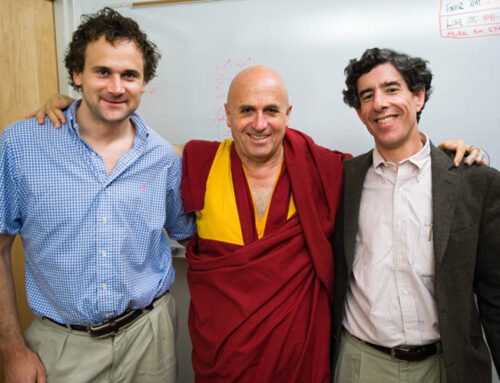
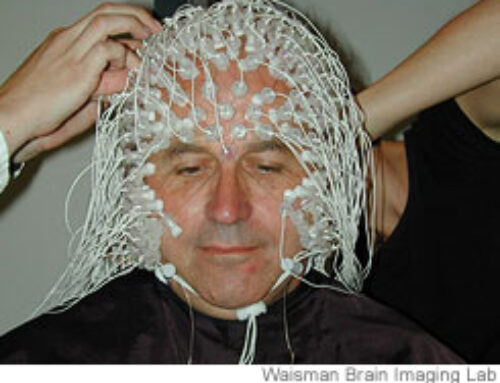
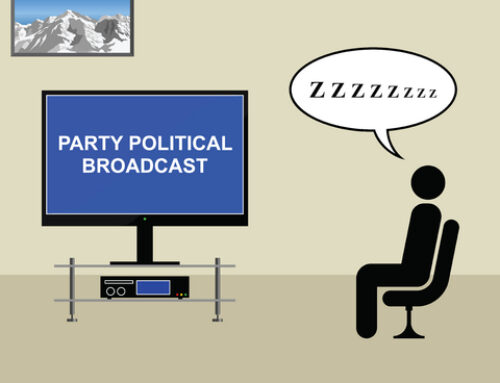
Meditation helps us to become a good person and live a healthy life. It reduces stress and depression and give us true happiness. According to Lama Surya Das meditation increases memory and makes your mind peaceful. I think we should do meditation properly to ensure we see the best results after doing meditation.